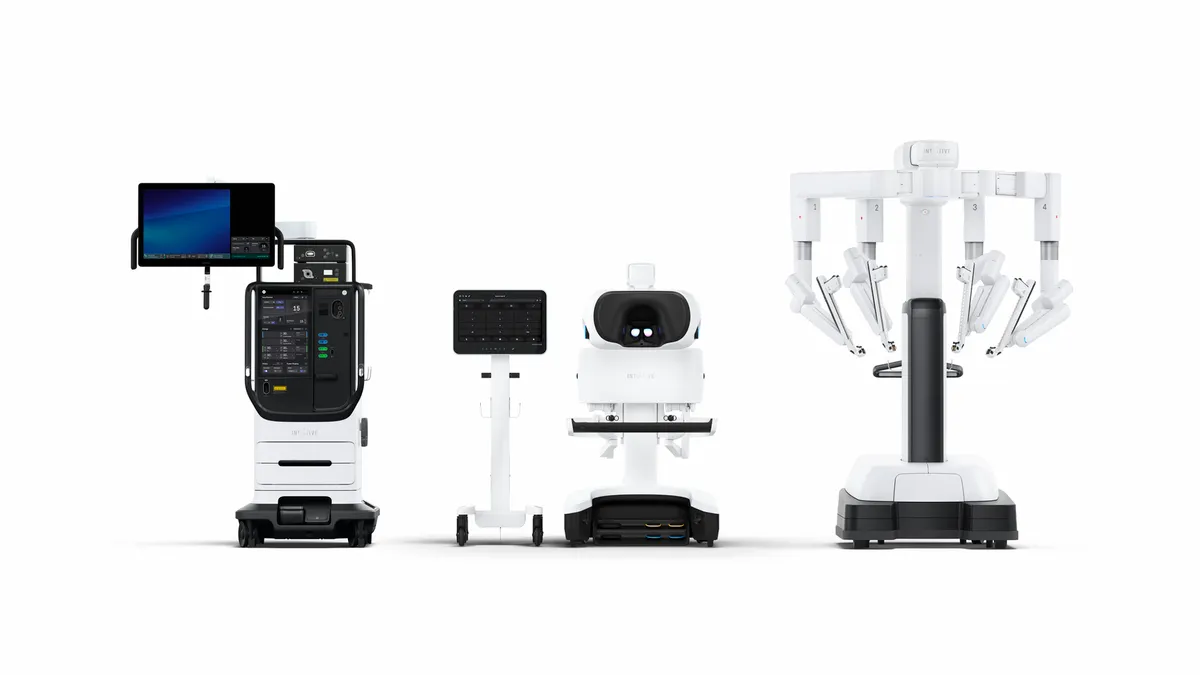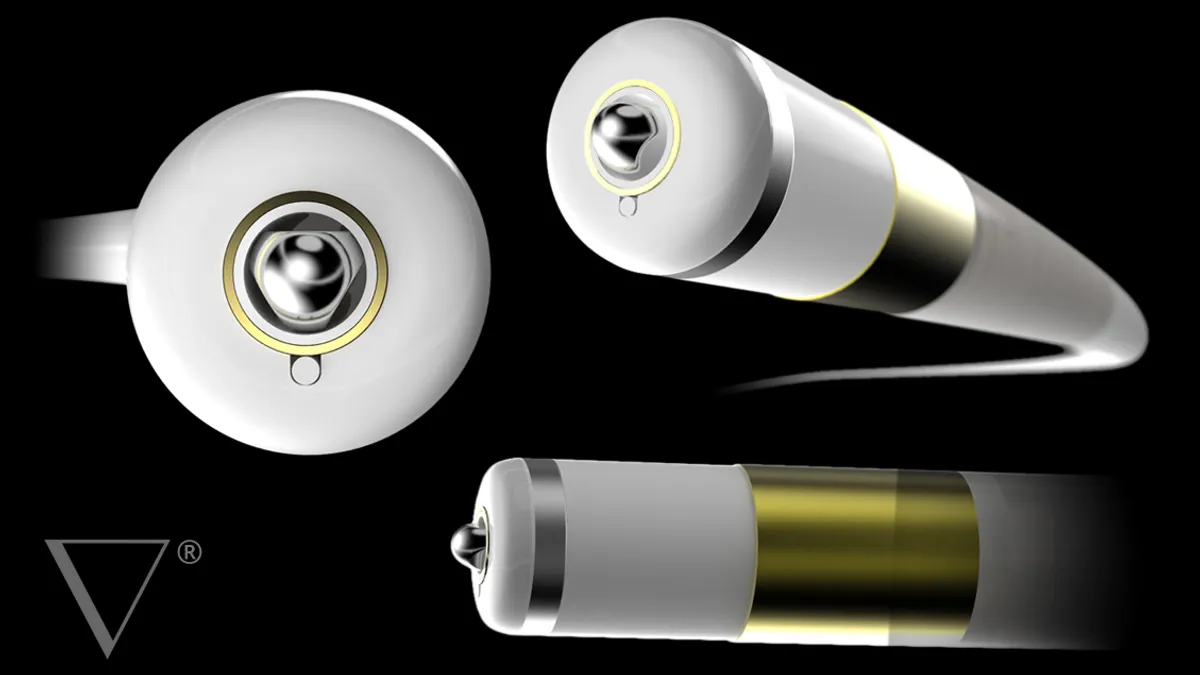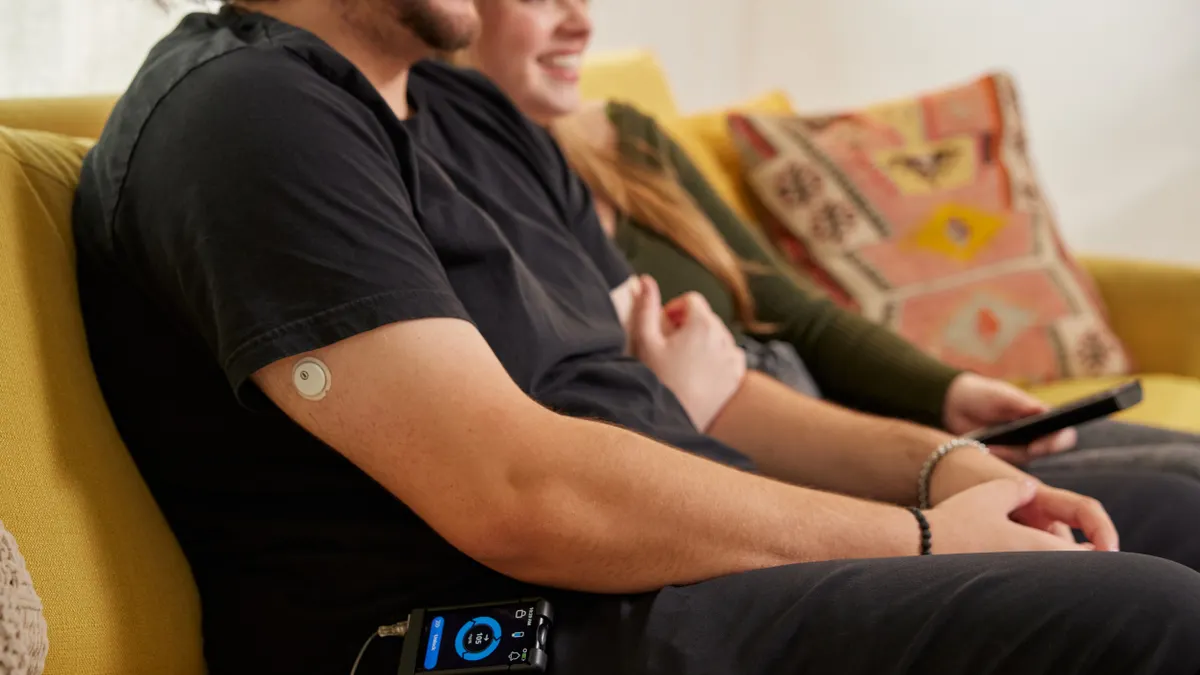Experts convened by FDA have warned the risks of routine use of Endologix's current endovascular graft device outweigh the benefits. The agency is now reviewing the advice and considering what regulatory actions to take, if any.
Earlier this month, FDA gathered the experts on its Circulatory System Devices Panel to discuss the data on endovascular stent grafts used to treat abdominal aortic aneurysms. The first day of the meeting focused on devices sold by Endologix, which pulled an earlier version of its AFX product from the market amid reports of endoleaks. Endologix sought to address the problem in later models but FDA had doubts about the long-term safety of the current device going into the meeting.
Many of the experts shared FDA's concerns. In a summary of the event, FDA said "a majority of panelists did not agree that the benefits outweighed the risk for routine use of AFX2 for treatment of abdominal aortic aneurysms."
In the run up to the meeting, FDA discussed regulatory responses as severe as the withdrawal of premarket approval but most panelists were against preventing access to AFX2 altogether, finding that it should remain available "in selected patient populations and in situations in which alternative treatments are not available." Endologix pitches AFX2 as having advantages in people with narrowed iliac access compared to devices from companies including Cook Medical and Medtronic.
If FDA follows the recommendations of the panel, it will keep AFX2 on the market but impose certain mitigation strategies and data-collection requirements. The consensus view on the panel was that the data on AFX2 are insufficient to show the endoleak risk has been addressed and that Endologix's risk mitigation strategies are inadequate.
The panel wants physicians to tell patients about the AFX2 endoleak risk and the need for annual follow-up, and carry out a shared decision-making process to determine whether to use the device. At the same time, the panel recommended expanding analyses from existing data sources such as the Vascular Quality Initiative registry and Medicare claims data, while also proposing tracking patients for at least five years.
Some panelists favored collecting data for more than five years. The case for continuing to collect data is supported by an FDA analysis that showed complaints of endoleaks in recipients of the older version of AFX increased "substantially" six years after implant. The type of data to collect was also a topic of debate.
"Several panelists recommended collecting clinical outcomes in the selected indications such as patients with small access vessels and occlusive peripheral vascular disease patients; these data would define the safety and effectiveness of the AFX2 in these selected conditions. The panel also emphasized the importance of collecting patient-centric and quality of life data," FDA said.
The agency has yet to share a timeline for the next steps in the process.
Broader debate covers Cook, Medtronic
The second day of the event looked at the use of endovascular stent grafts to treat abdominal aortic aneurysms more broadly, pulling in data on the use of medical devices other than Endologix's AFX line of products. The panelists concluded the short-term benefits of endovascular aortic repair (EVAR) over open surgery "are well-established" but cautioned the longer-term situation is less clear.
With EVAR devices associated with "higher rates of aortic reintervention and other device and aortic complications," the panelists questioned whether the advantages over open surgery persist beyond the short term. The rest of the session looked at ways to assess the long-term risk-benefit profile.
"A real-world surveillance system should assess endpoints of all-cause mortality, aneurysm-related mortality, aortic rupture, and aortic reintervention. The reintervention endpoint should capture the reason for reintervention and type of reintervention performed," the panel concluded.
The experts also identified a need for real-world imaging surveillance that assesses endoleaks, aneurysm size and device patency "because these endpoints are clinically important and can be reliably captured."
Asked about the imaging of loss of device integrity and device migration, the experts said it is less feasible to assess those outcomes at all sites but the work could be done "at a subset of centers using standardized imaging protocols with core lab review."
While the capture of those endpoints may need to be limited to certain sites, the panelists want the broader real-world surveillance infrastructure to extend beyond academic medical centers. No system that serves all the panel's surveillance recommendations exists, leading the experts to call for collaboration among data collection platforms and for FDA to encourage data sharing.
The panelists reached those conclusions after hearing an FDA presentation that discussed devices sold by companies including Cook Medical, Medtronic and W.L. Gore. FDA analyzed data on some of the competitors to Endologix's AFX in a report prepared to inform the panel discussion.





















